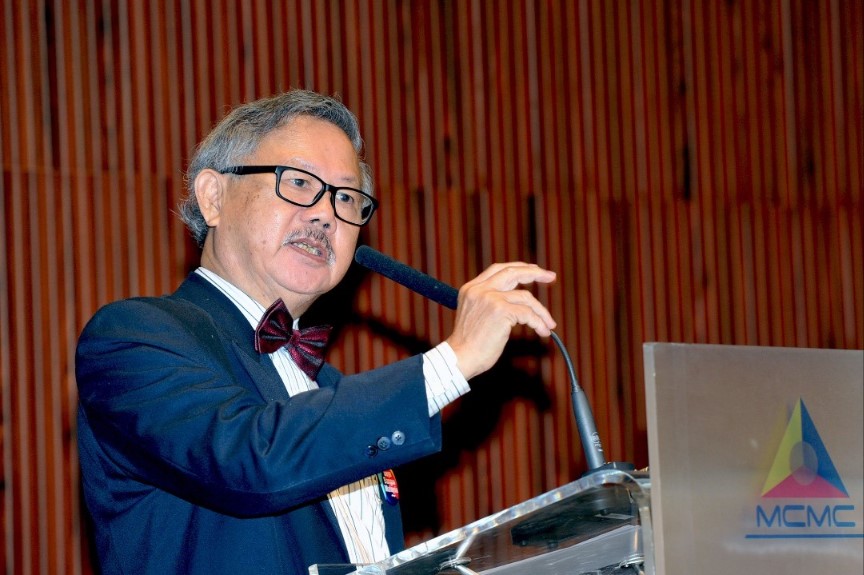KUALA LUMPUR, Sept 14 – The Federation of Private Medical Practitioners’ Associations Malaysia (FPMPAM) today urged the Ministry of Health (MOH) to consider harm reduction approaches before “rushing” to legislate the proposed generational ban on tobacco and vape.
FPMPAM president Dr Steven Chow cited studies from Public Health England and the United Kingdom’s Royal College of Physicians that document “overwhelming scientific data that harm reduction efforts can work with proper regulatory framework in place”.
“It is also pertinent to look at other new studies from other countries where harm reduction programmes have been in place for many years,” Dr Chow said in a statement today.
“In Malaysia, the field of tobacco harm reduction is in sore need for comprehensive basic clinical epidemiological research, and we must take the time and use our resources to explore this option.
“Rushing the GEG and excluding harm reduction from the policy would be a missed opportunity, as we may be losing out on an achievable option that can have a meaningful impact on the tobacco epidemic.”
Dr Chow told MOH to conduct “more methodologically sound” clinical epidemiological studies on harm-reduced products.
“Differences in the risk profiles of all non-combustion nicotine products need to be quantified and regulatory policies and clinical recommendations should be tailored to address their different risk profiles,” he said.
“Studies observing the health of long-term users of these products are also a must. Data from all these prerequisite studies must be available before one can develop a comprehensive and viable tobacco-free landscape for future generations.”
According to a 2016 report by the UK’s Royal College of Physicians, e-cigarettes appeared to be effective when used by smokers as an aid to quit smoking. The health hazard arising from long-term vapour inhalation from e-cigarettes, it said, is unlikely to exceed 5 per cent of the harm from smoking tobacco.
The UK’s NHS cited a major UK clinical trial published in 2019 that found that when combined with expert face-to-face support, people who used e-cigarettes to quit smoking were twice as likely to succeed as people who used other nicotine replacement products, such as patches or gum.
Malaysia’s Control of Tobacco Product and Smoking Bill 2022, however, lumps smoked tobacco and vape products together, banning the sale of all tobacco and vape products to anyone born from January 1, 2007, besides prohibiting this generational end game (GEG) group from smoking or vaping or from using these products.
On the other hand, the tobacco control bill in New Zealand – the first country to propose a tobacco-free generation – only targets smoked tobacco.
New Zealand’s Smokefree Environments and Regulated Products (Smoked Tobacco) Amendment Bill does not criminalise smokers either, unlike the Malaysian bill, as New Zealand focuses prohibitions instead on the sale and delivery, and supply, of smoked tobacco products to anyone born from January 1, 2009.
FPMPAM called for general practitioners (GPs) – the first touch point for patients – to be engaged in the drafting of tobacco control policies and legislations.
“Doctors trained in quit smoking programmes have the relevant expertise, experience and the nationwide network to engage with smokers. They understand the psyche of those wanting to quit,” Dr Chow said.
“They are aware that it is not only the nicotine dependence/addiction that makes quitting cigarettes difficult. Some smoke for stress relief and other psycho-social pleasure. These issues do complicate the individual patient’s resolve to quit smoking.
“The GP is a key asset in any quit smoking programme and their input is valuable to the national GEG conversation.”
The Control of Tobacco Product and Smoking Bill 2022 is expected to be tabled for debate in the upcoming parliamentary meeting that starts on October 3, after undergoing review by a parliamentary special select committee chaired by Health Minister Khairy Jamaluddin.








